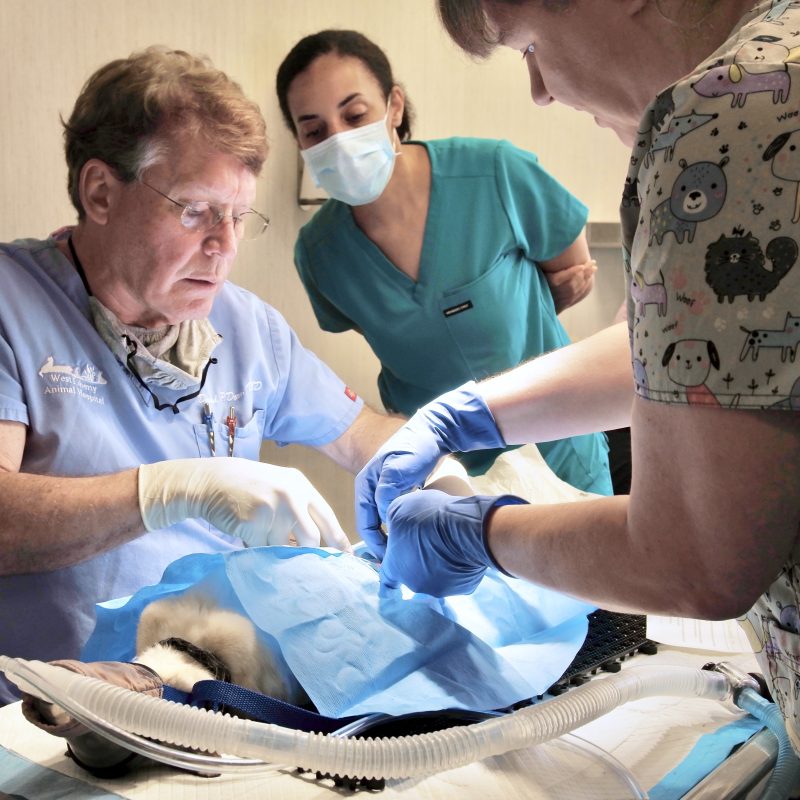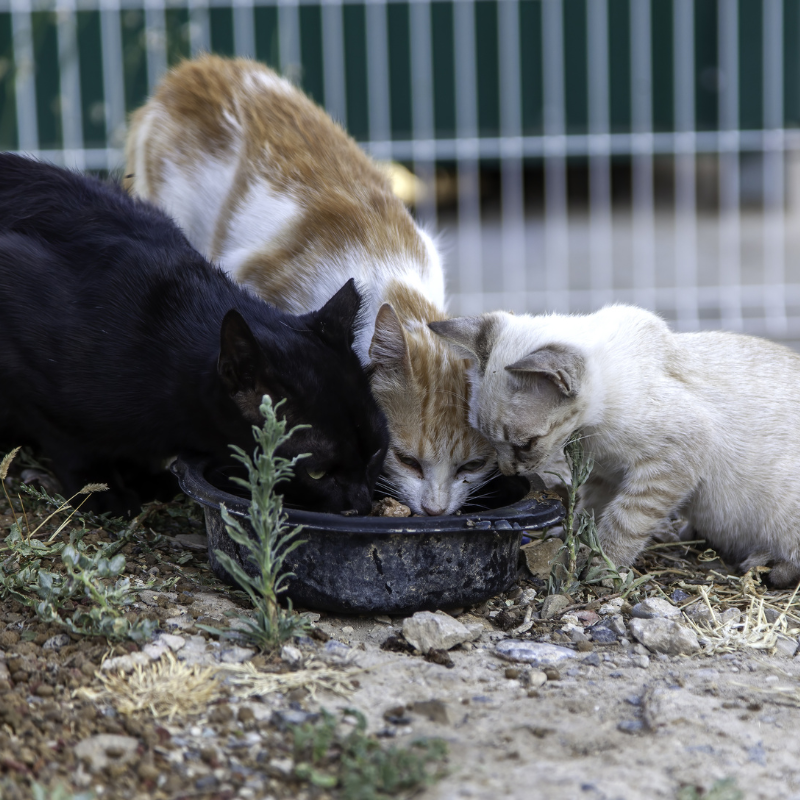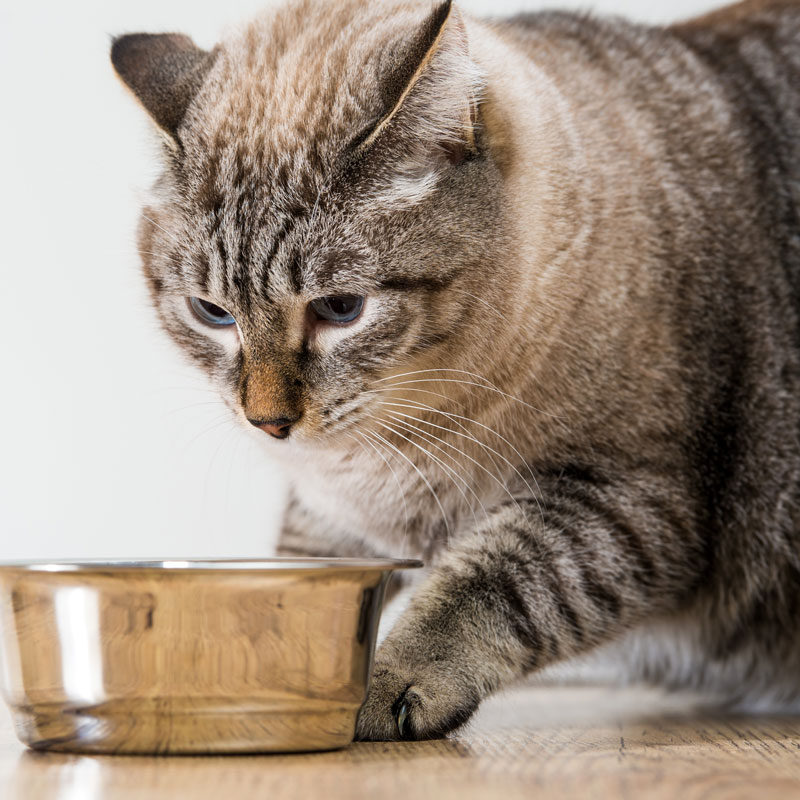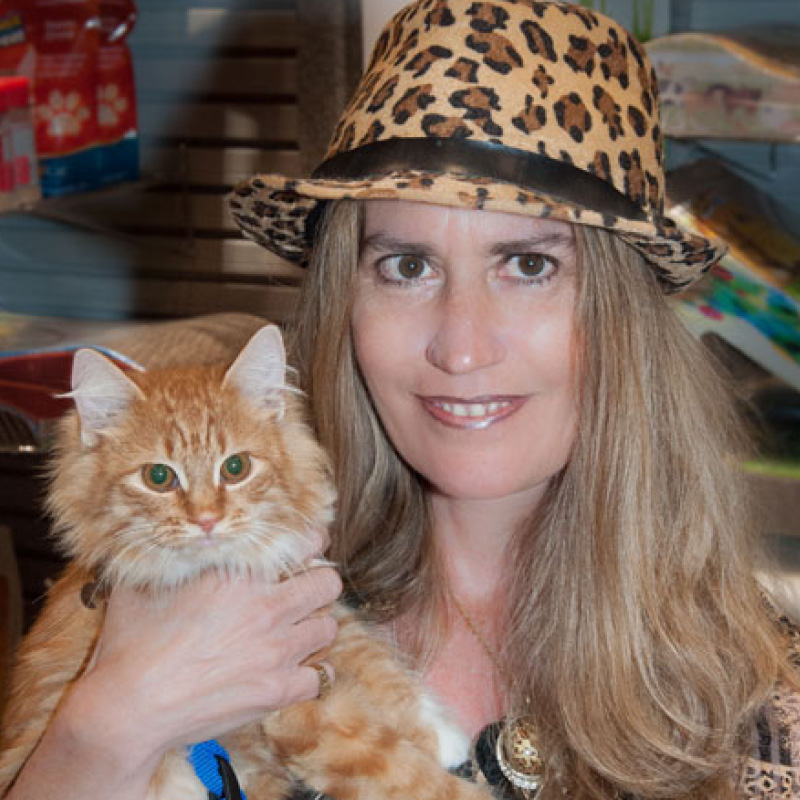
Deb Barnes, Author, President of the Cat Writers’ Association
August 20, 2019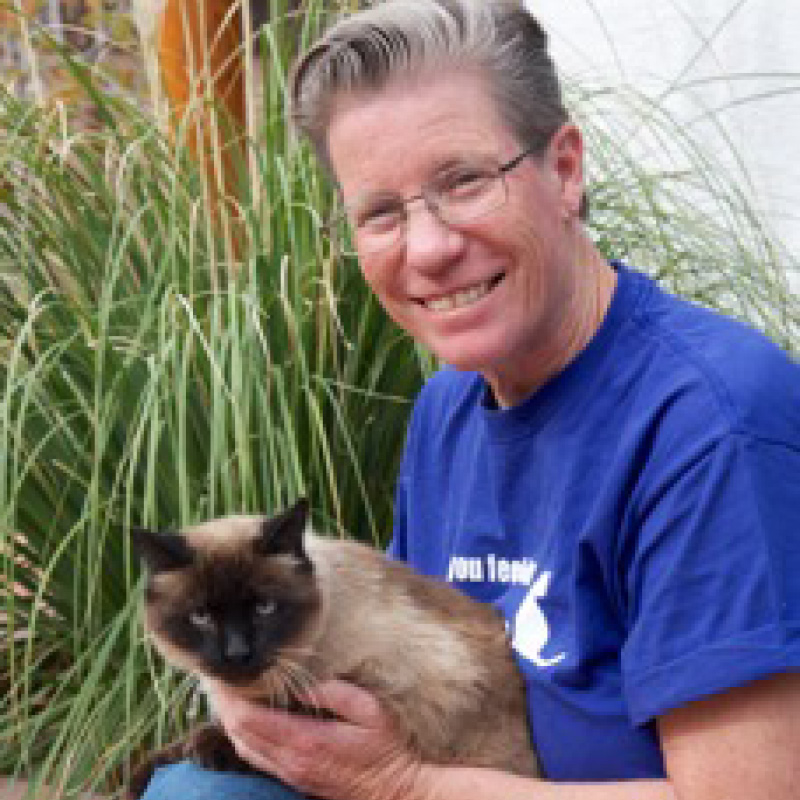
Jayne Sage, Founder & Executive Director, Street Cat Hub
August 27, 2019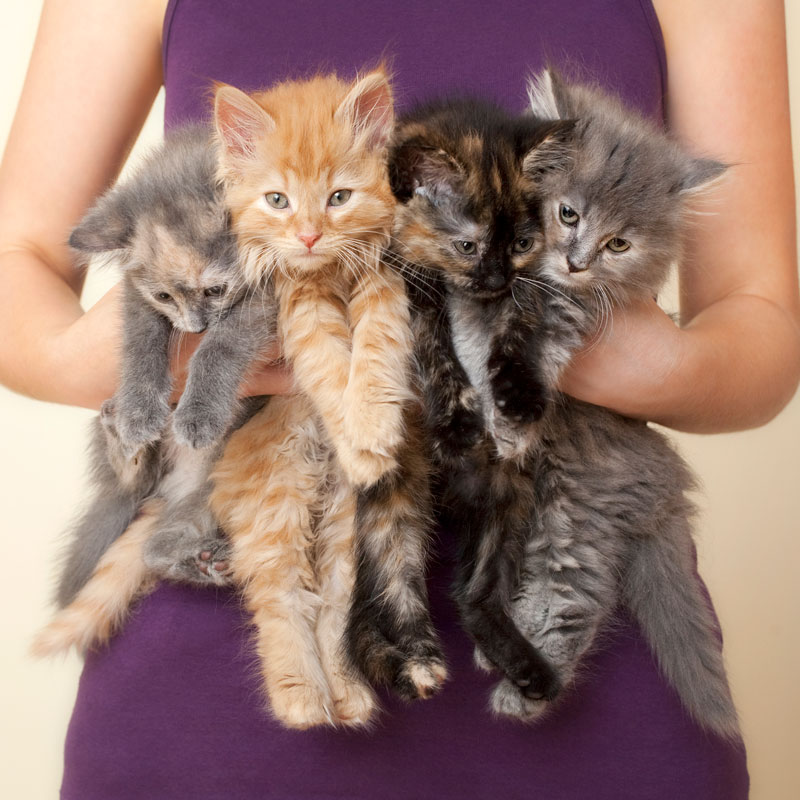
Reports have been coming in from many Massachusetts rescuers and trappers saying that this year’s kitten season is the worst one “eva” (=ever in Boston-speak). I decided to email some of the larger shelters in the state to see what might be going on. I definitely came across some themes.
- All cats are not created equal … In Massachusetts, we do still have an overpopulation problem. What makes it different from other areas is that the population we have now consists of the most compromised of cats and kittens. Facilities now have the space to take in older and more compromised cats, but staffing now needs to increase as shelters’ cost of care increases substantially. Facilities also have plenty of older, shyer cats. The length of stay (LOS) can be longer for these cats, and their risk of getting an upper respiratory infection (URI) is much higher too. Kittens … well, that is another story. Shelters and rescues have semi-feral and neonatal kittens. Not many shelters want a building full of five- to six-month-old semi-feral kittens to socialize or try to adopt out…
- So what happens? The funnel of cats/kitten changes in the summertime in Massachusetts. Larger shelters push back and tell rescuers (who normally would use the shelters as a place to transfer cats to) that they can’t take in more compromised kitties. So the trapper/foster/smaller rescue ends up full and the whole system is strained.
- So from the perception of the trapper/foster/smaller rescue, life is still hell in the summer. The larger organizations are feeling financially overwhelmed by these cats and kittens. They can’t expect them to be “in and out.” Every cat and kitten has a story and the groups need time to explain their needs to the new families. For some groups, this just doesn’t sit well. The added medical costs can be something that organizations just didn’t expect.
- This kitten overflow is happening in pockets of areas where affordable spay/neuter isn’t available and therefore things are allowed to get out of control. Areas like Brockton, Worcester, Fall River/New Bedford, Chelsea/East Boston/Malden seem to be hot topics in the cat world.
- Folks have been keeping an eye on Craigslist for postings of kittens. You used to be able to find kittens there easily, but no more.
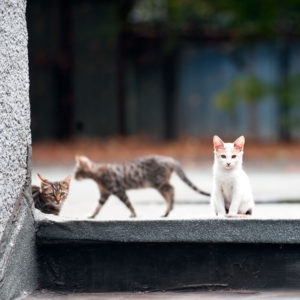 In spite of all this, general statistics from the larger shelters do have kitten intake continuing to trend downward. So do we have a disconnect? I am not sure…So in summary, I do want to go on the record saying that there are parts of Massachusetts that continue to have an overpopulation problem and that there are a handful of organizations trying to respond to requests for help in these areas—but there seems to be a disconnect of some kind between the overwhelmed smaller groups and the larger sheltering programs’ ability to help and assist in these areas. I think at a minimum they should be offering low-cost/free spay/neuter for these new “target areas.”
In spite of all this, general statistics from the larger shelters do have kitten intake continuing to trend downward. So do we have a disconnect? I am not sure…So in summary, I do want to go on the record saying that there are parts of Massachusetts that continue to have an overpopulation problem and that there are a handful of organizations trying to respond to requests for help in these areas—but there seems to be a disconnect of some kind between the overwhelmed smaller groups and the larger sheltering programs’ ability to help and assist in these areas. I think at a minimum they should be offering low-cost/free spay/neuter for these new “target areas.”

